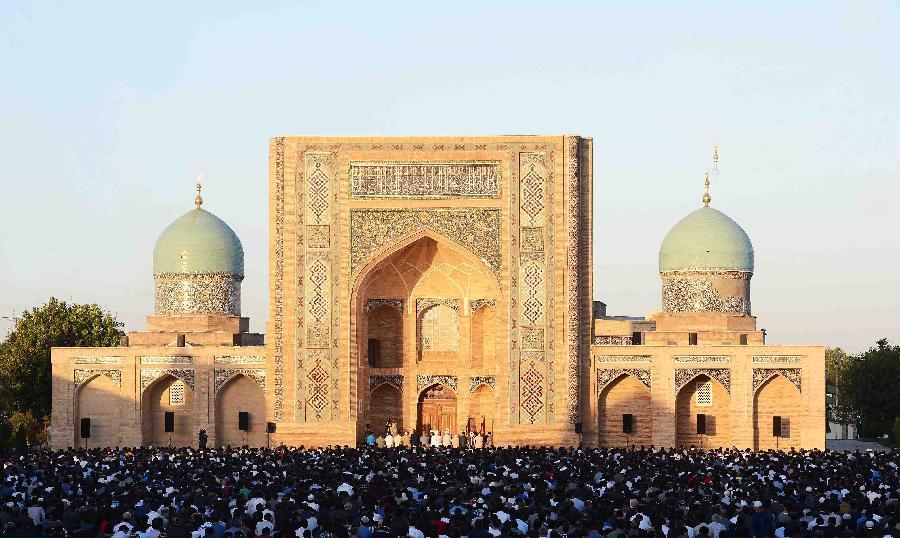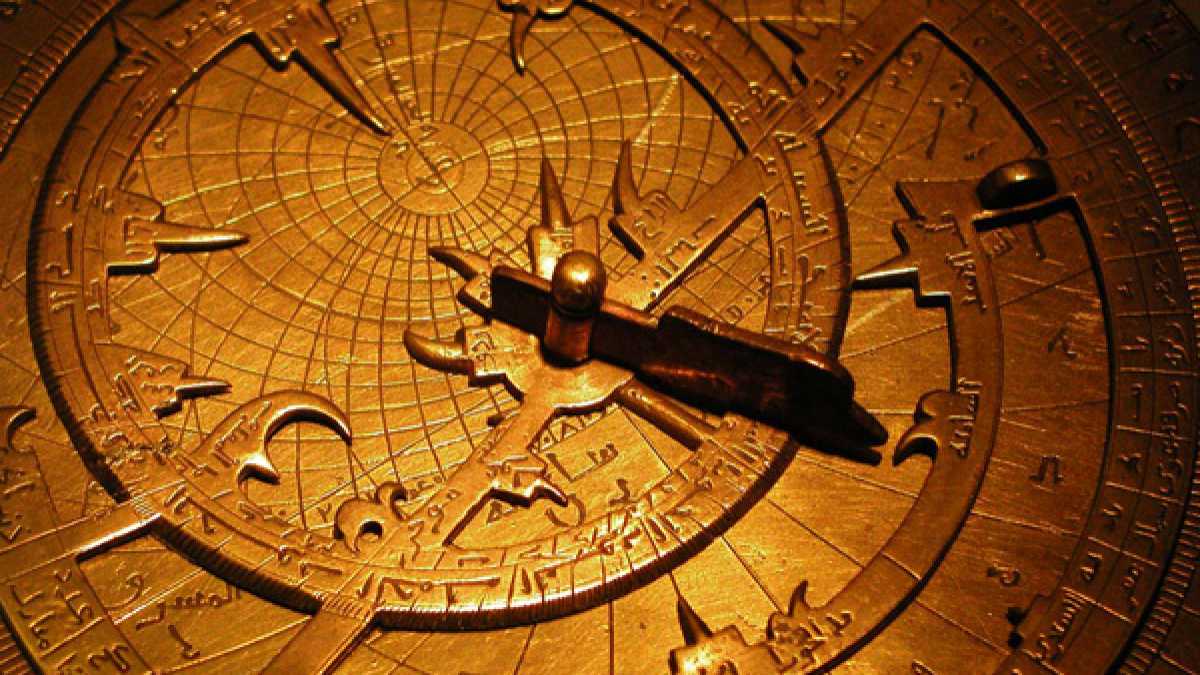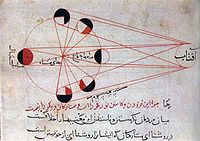Reality Check--Today's Muslim World

If one looks at the general picture of the Muslim world today it is hard to find something positive on the horizon. There is political chaos and regional turmoil all over the Muslim world. Muslims seem to have lost control of their affairs. They feel frustrated and helpless. Many Muslim governments are persecuting their people – in the name of Islam. Can Muslims hope for a better future under these circumstances?
Allah has blessed Muslims with plenty of natural resources. Yet, they are dependent for most of their basic needs – not to speak of their dependence in the field of science and technology, and on knowledge, in general – on non-Muslims. Their resources are being plundered and wasted on an unprecedented scale, while the majority population suffers extreme hardship.
Muslims generally tend to blame others for their problems. Some blame their rulers. Others blame one another. There may be truth in all of this. But what is lacking from Muslim discourse is an honest and intelligent diagnosis of problems facing the Muslim Ummah.
Representing more than a billion Muslims, the Organization of Islamic Conference (OIC) – the official organ of the Muslim countries for discussing such problems – has become no more than a platform for passing resolutions upon resolutions of empty words with no teeth. No wonder it has been dubbed “Oh! I see!” Most other Islamic organizations, more or less, suffer from a similar fate.
In the present environment, Muslims mostly live individual lives (in their own little islands) while using the term Ummah in their discussions. Some seem to cooperate on issues affecting Muslim lives, but that is limited mostly to charity work. Muslims do not have a unifying plan (or, rather, are not interested) to chart out the future course of action for the Ummah. Muslims appear to behave like billions of individual atoms without any strong bonds.
Is there a silver lining in this dark cloud? Will this long, dark chapter in Muslim history ever end?
Source: Islamicity





























